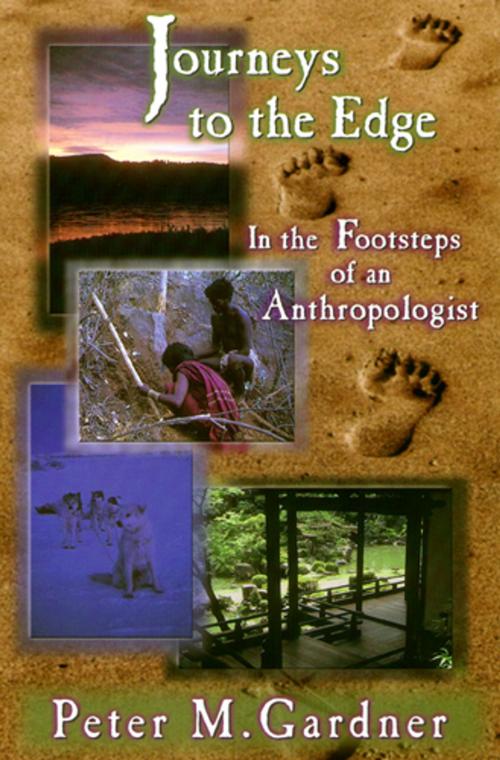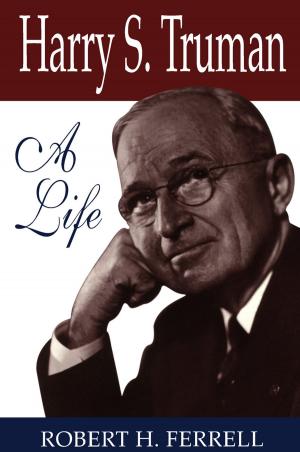Journeys to the Edge
In the Footsteps of an Anthropologist
Biography & Memoir, Reference, Nonfiction, Social & Cultural Studies, Social Science, Anthropology| Author: | Peter M. Gardner | ISBN: | 9780826265227 |
| Publisher: | University of Missouri Press | Publication: | September 27, 2013 |
| Imprint: | University of Missouri | Language: | English |
| Author: | Peter M. Gardner |
| ISBN: | 9780826265227 |
| Publisher: | University of Missouri Press |
| Publication: | September 27, 2013 |
| Imprint: | University of Missouri |
| Language: | English |
In this fascinating and vivid account, Peter M. Gardner takes us along with him on his anthropological field research trips. Usually, the author’s family is there, too, either with him in the field or somewhere nearby. Family adventures are part of it all. Travel into the unknown can be terrifying yet stimulating, and Gardner describes his own adventures, sharing medical and travel emergencies, magical fights, natural dangers, playful friends, and satisfying scientific discoveries. Along the way, we also learn how Gardner adapted to the isolation he sometimes faced and how he coped with the numerous crises that arose during his travels, including his tiny son’s bout with cholera.
Because Gardner’s primary research since 1962 has been with hunter-gatherers, much of his story transpires either in the equatorial jungle of south India or more than one hundred miles beyond the end of the road in Canada’s Northwest Territories. Other ventures transport readers to Japan and back to India, allowing them to savor ancient sights and sounds. Gardner closes the book with a journey of quite another sort, as he takes us into the world of nature, Taoist philosophy, and the experimental treatment of advanced cancer.
Throughout this fast-moving book, Gardner deftly describes the goals and techniques of his research, as well as his growing understanding of the cultures to which he was exposed. Few personal accounts of fieldwork describe enough of the research to give a complete sense of the experience in the way this book does. Anyone with an interest in travel and adventure, including the student of anthropology as well as the general reader, will be totally intrigued by Gardner’s story, one of a daily existence so very different from our own.
In this fascinating and vivid account, Peter M. Gardner takes us along with him on his anthropological field research trips. Usually, the author’s family is there, too, either with him in the field or somewhere nearby. Family adventures are part of it all. Travel into the unknown can be terrifying yet stimulating, and Gardner describes his own adventures, sharing medical and travel emergencies, magical fights, natural dangers, playful friends, and satisfying scientific discoveries. Along the way, we also learn how Gardner adapted to the isolation he sometimes faced and how he coped with the numerous crises that arose during his travels, including his tiny son’s bout with cholera.
Because Gardner’s primary research since 1962 has been with hunter-gatherers, much of his story transpires either in the equatorial jungle of south India or more than one hundred miles beyond the end of the road in Canada’s Northwest Territories. Other ventures transport readers to Japan and back to India, allowing them to savor ancient sights and sounds. Gardner closes the book with a journey of quite another sort, as he takes us into the world of nature, Taoist philosophy, and the experimental treatment of advanced cancer.
Throughout this fast-moving book, Gardner deftly describes the goals and techniques of his research, as well as his growing understanding of the cultures to which he was exposed. Few personal accounts of fieldwork describe enough of the research to give a complete sense of the experience in the way this book does. Anyone with an interest in travel and adventure, including the student of anthropology as well as the general reader, will be totally intrigued by Gardner’s story, one of a daily existence so very different from our own.















